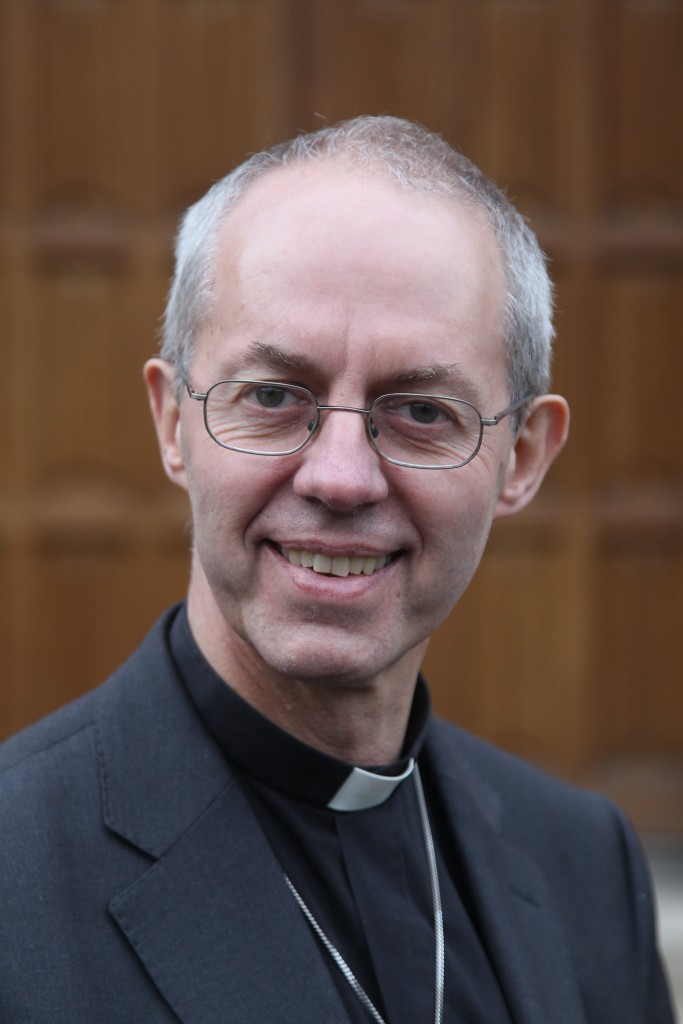The New York Times interviews Archbishop of Canterbury Justin Welby while he is in New York for the Trinity Institute on the economy and injustice. He acknowledges the difficulties and divisions in the Anglican Communion but feels the Communion and its Provinces and churches still have a “bully pulpit” to call attention to injustice:
This week, Archbishop Welby is in New York for a conference on inequality at Trinity Wall Street, which, as an Episcopal church, is part of the American province of the Anglican Communion. On Thursday, he spoke with Michael Paulson, a religion reporter for The New York Times. Below are edited excerpts from their conversation.
Q. Why is income inequality a religious issue?
A. It tends to result in the development of overmighty areas within society, and at the same time of people who are excluded and forgotten. Therefore it becomes an issue about the nature of the value of the human being, the dignity of the human being, which is a religious issue. The human being for whom Christ died is of equal value, whoever they are.
Other questions in the interview:
Q. Should the church have a preference for the poor over the rich?
Q. In the United States, the Episcopal Church has a reputation as a church of the elite, a church that has generated presidents, that is affluent. Is that a problem?
Q. In the wake of the attacks in Paris, do you think Islam is a religion of peace?
Q. Do you think that these terror attacks are primarily a result of some kind of political or sociological phenomenon, or primarily religiously driven?
Q. In Europe, and to a certain extent in the United States, we’re seeing the rise of conservative, anti-immigration political forces, in part driven by the terrorist attacks. What do you make of this phenomenon?
Q. Do you see a resurgence in Europe of anti-Semitism, and if so, why do you think that would be?
Q. Speaking of the Church of England, you said recently, “We are falling in numbers and there’s a change in the attitude to the Christian faith generally across the country.” Do you see the march of secularism as unstoppable?
Q. Do you see a future for the Episcopal Church in the United States?
Q. Over the last decade, or longer, there have been a lot of divisions over gender and sexuality. Some people think it’s just a matter of time for Christian leaders to all come around to embracing equality, others think there’s a fundamental, immutable divide. What do you think?
Q. Do you think that the American Episcopal Church made a mistake in consenting to the election of Gene Robinson, an openly gay priest who was elected bishop of New Hampshire?
Q. Do you see the Anglican Church in North America, which broke away from the Episcopal Church after Bishop Robinson’s election, as part of the Anglican Communion?
Q. Do you think that the Anglican Communion will ever have leadership that is African or non-Western, and should it?
Q. Do you expect that Pope Francis will make substantive changes in the Catholic Church, or is it all tone?
Q. What difference does the pope make for Christians who are not Catholic?
Q. Is there a role for the monarchy today?
Read his answers here.
Read +Justin’s speech at Trinity Institute here
posted by Ann Fontaine

